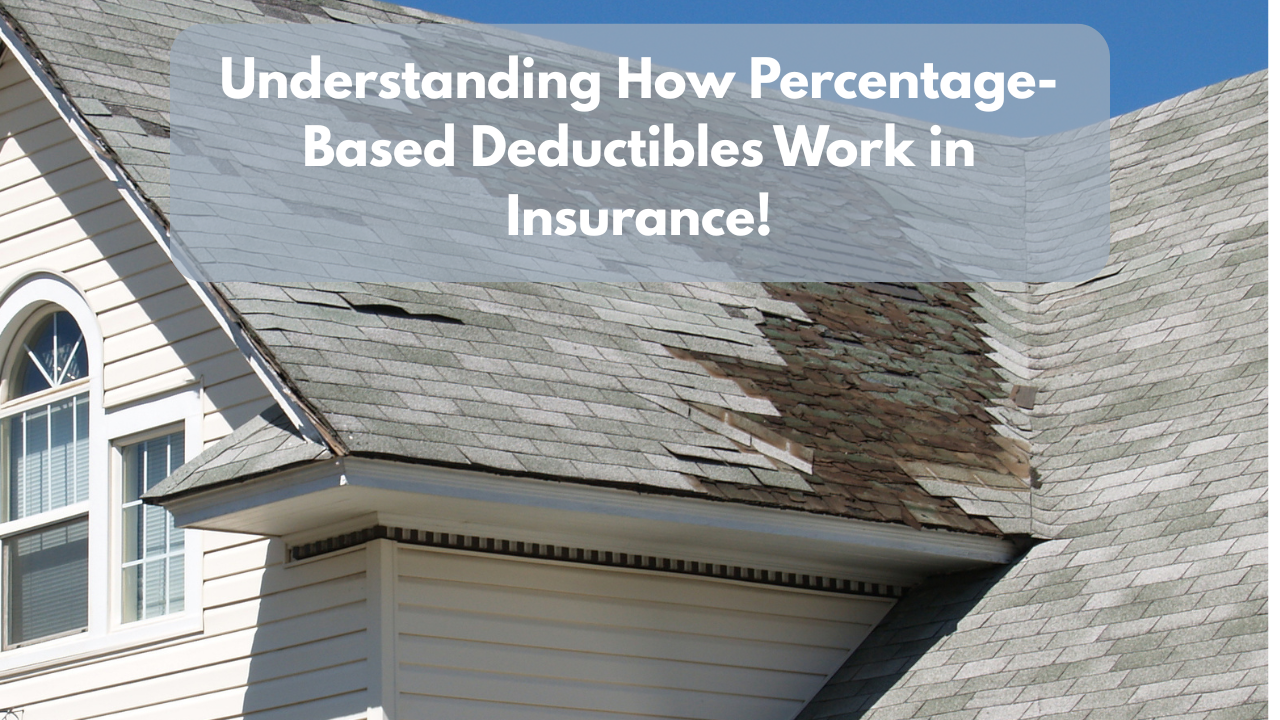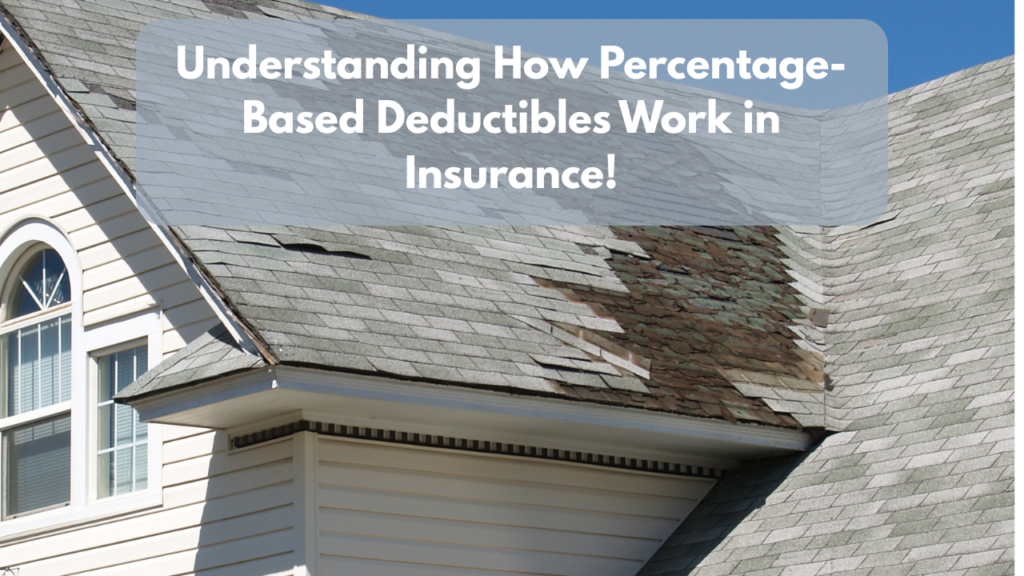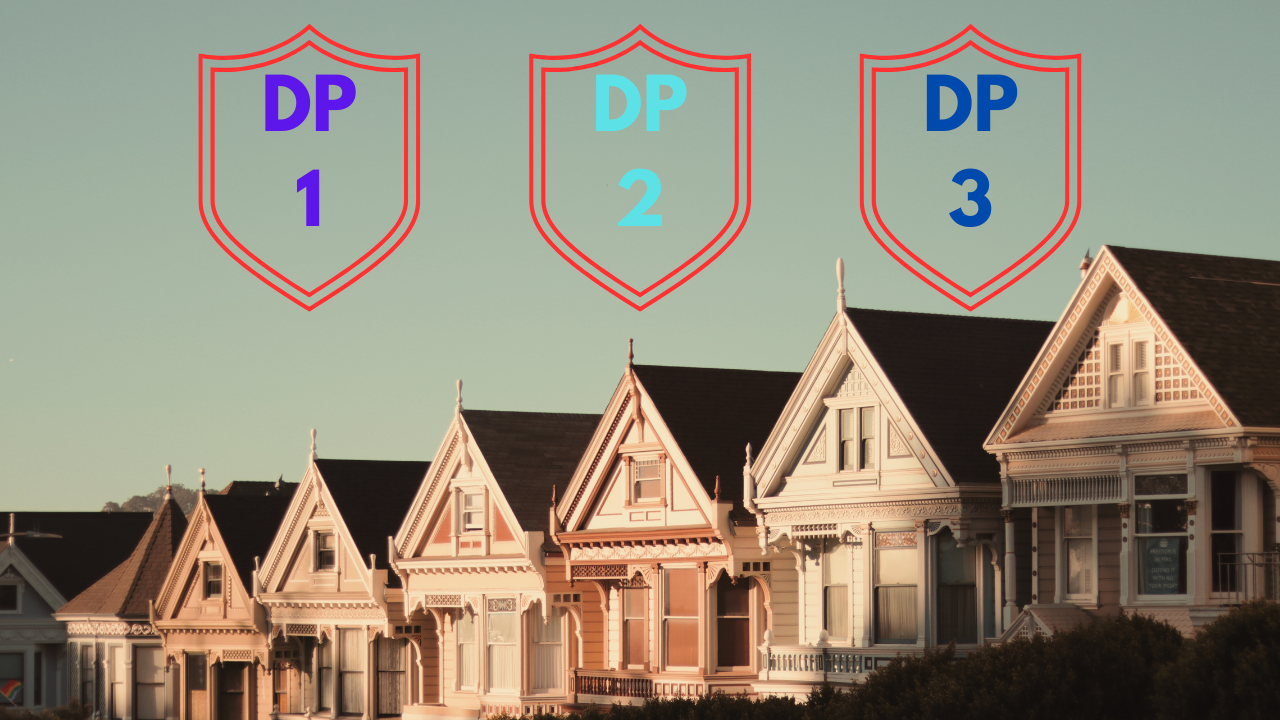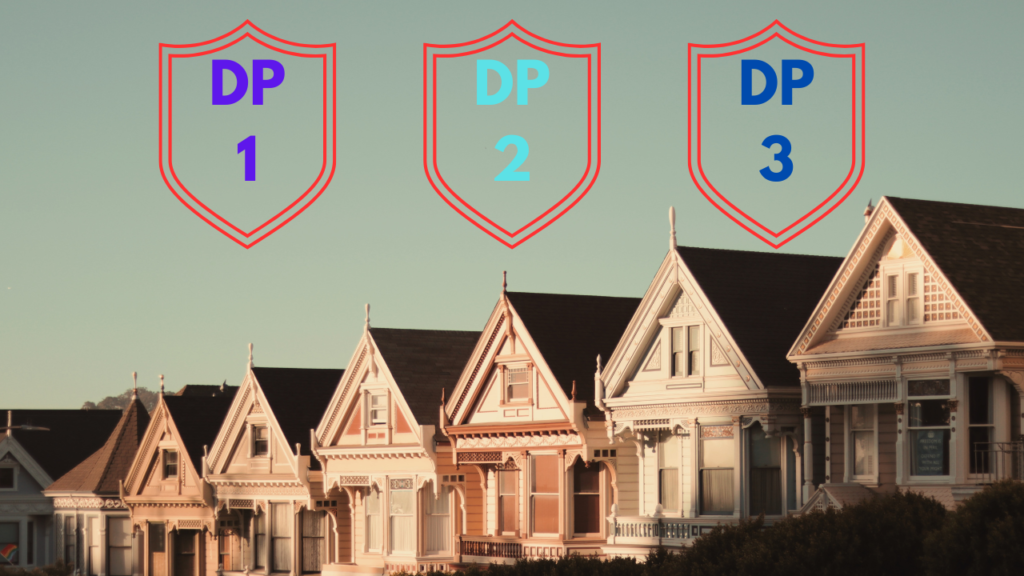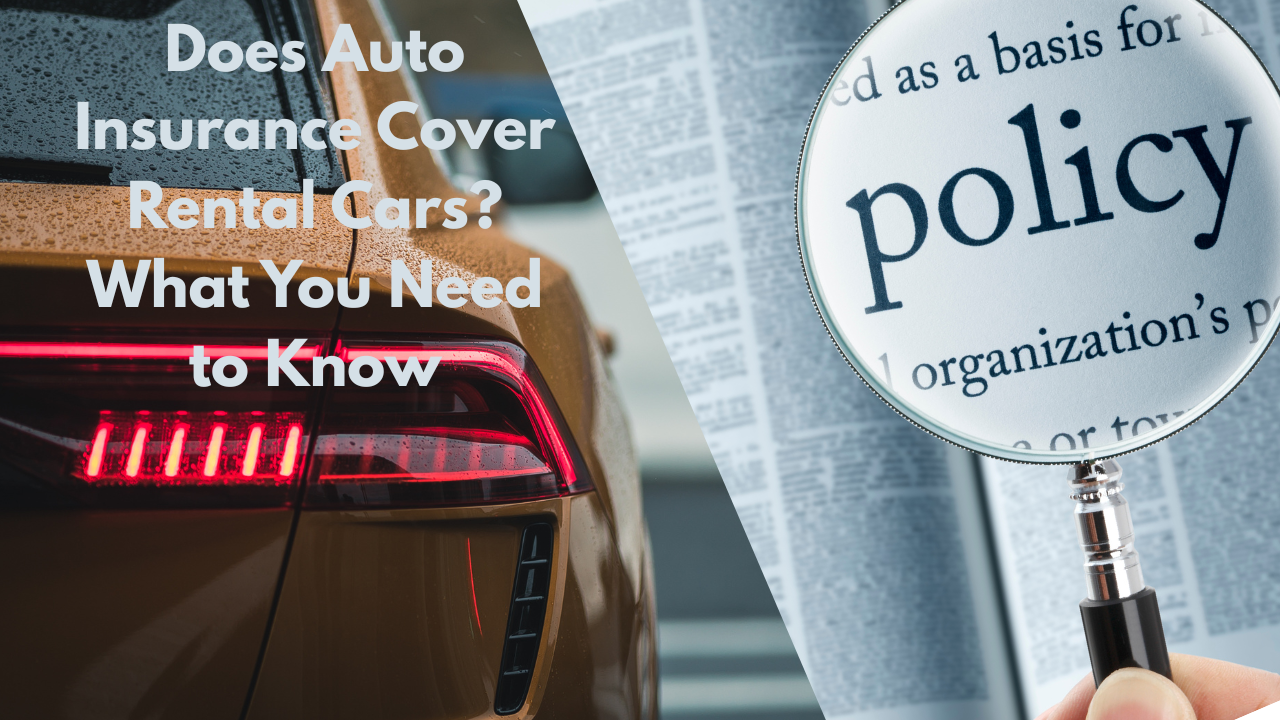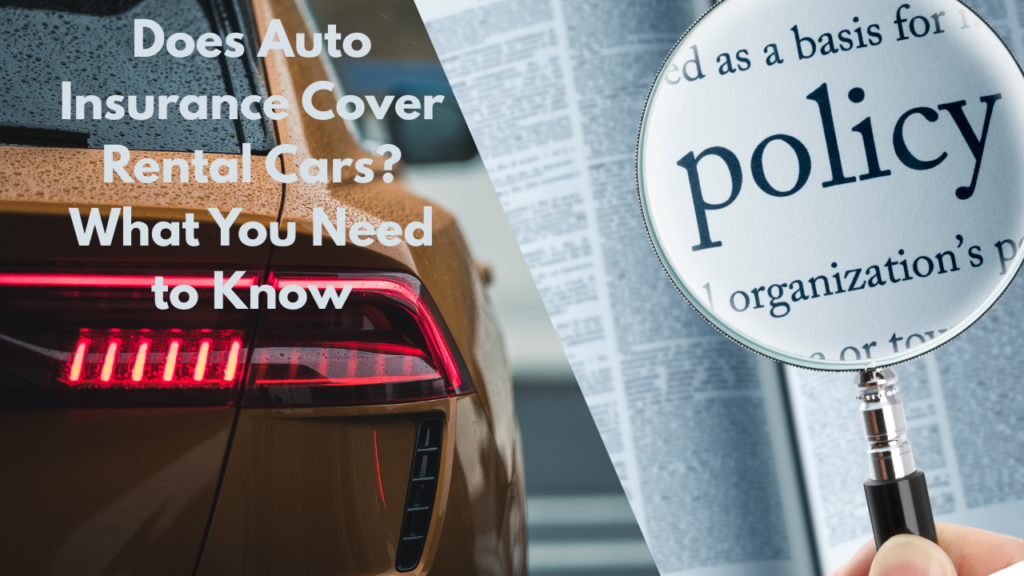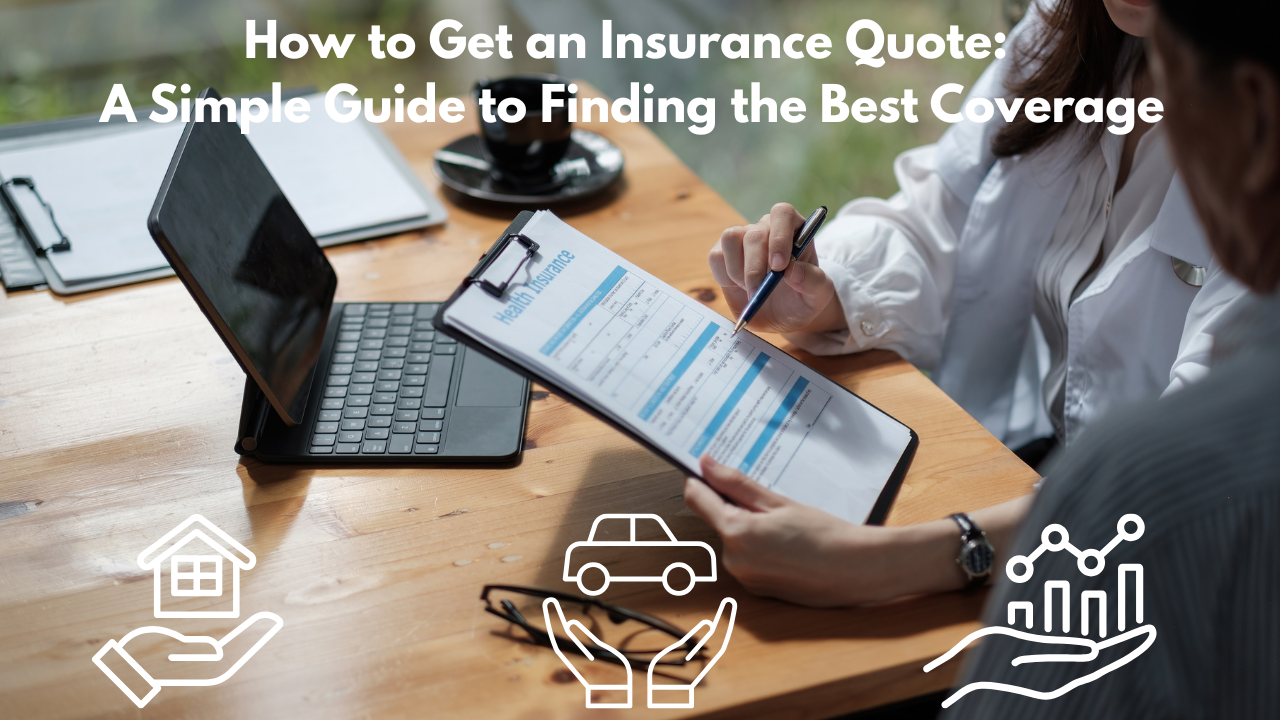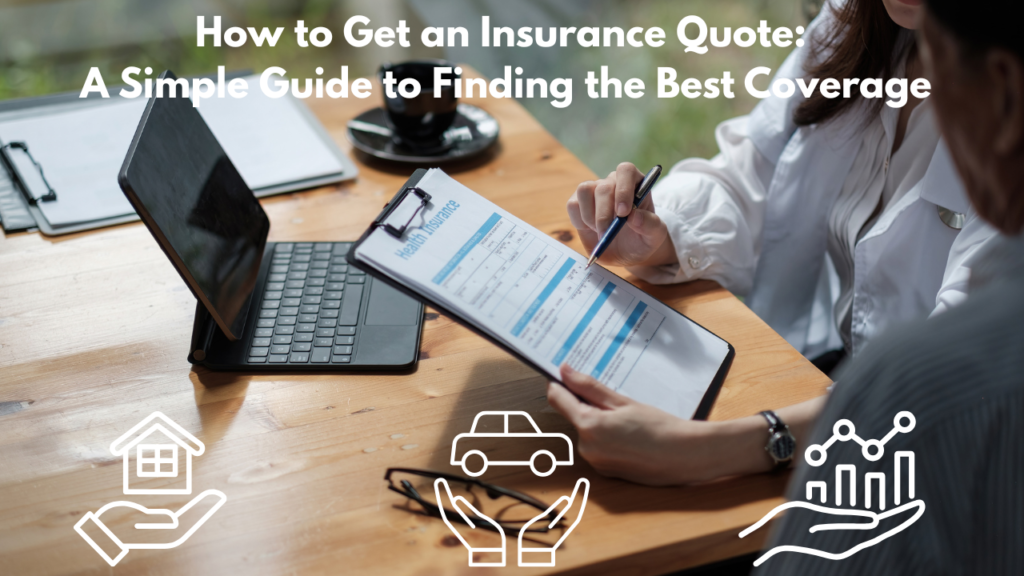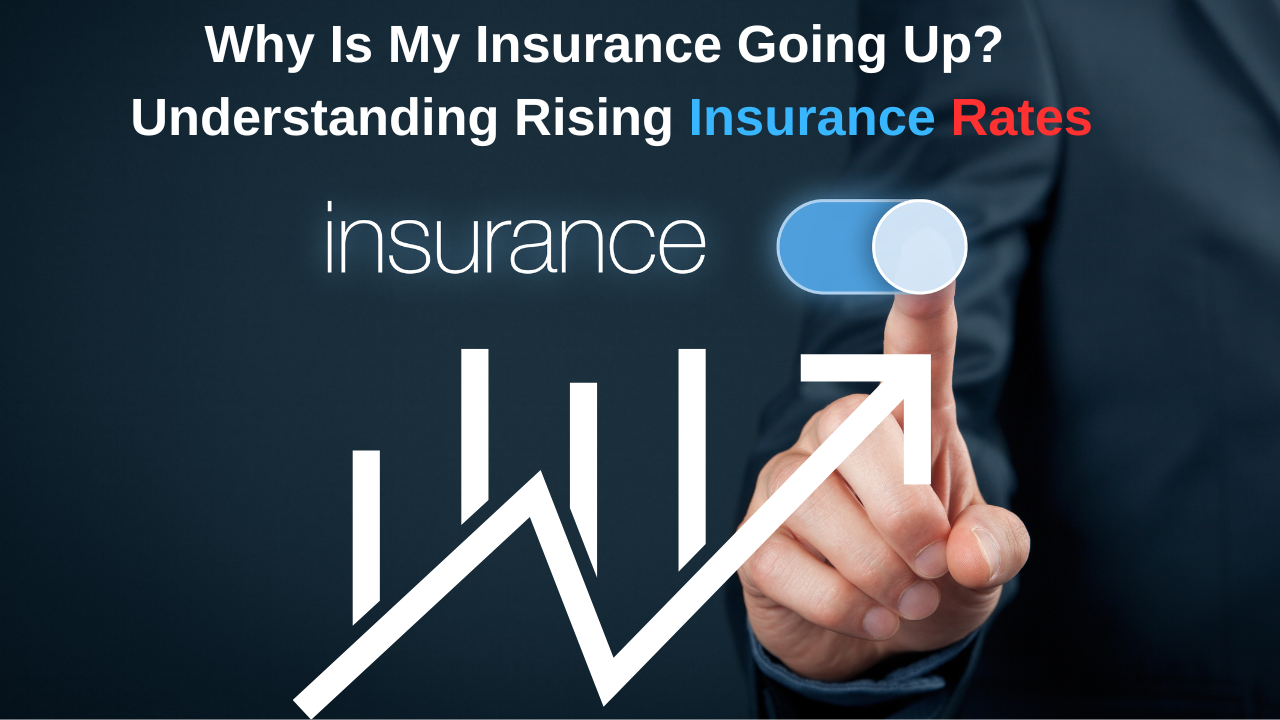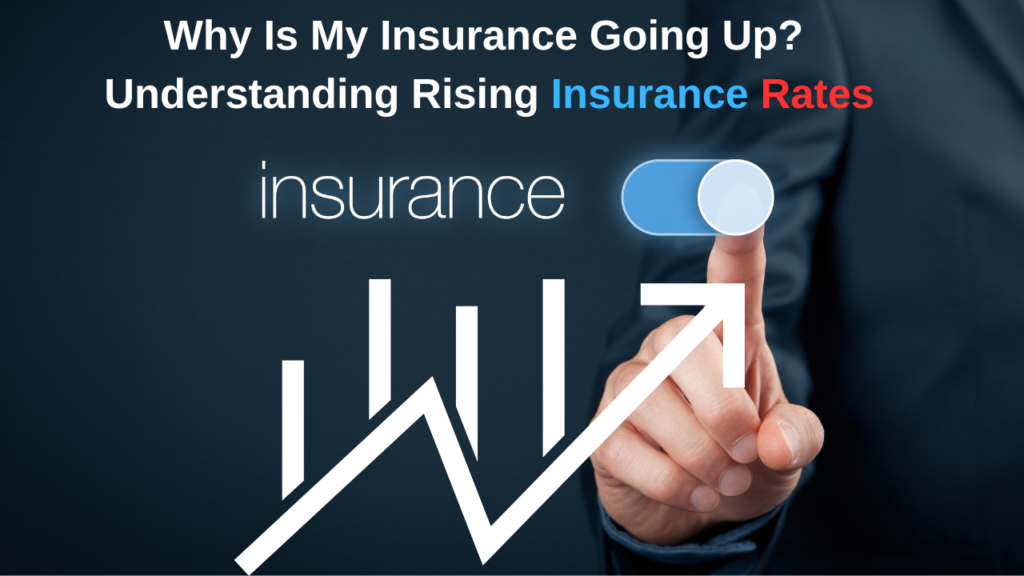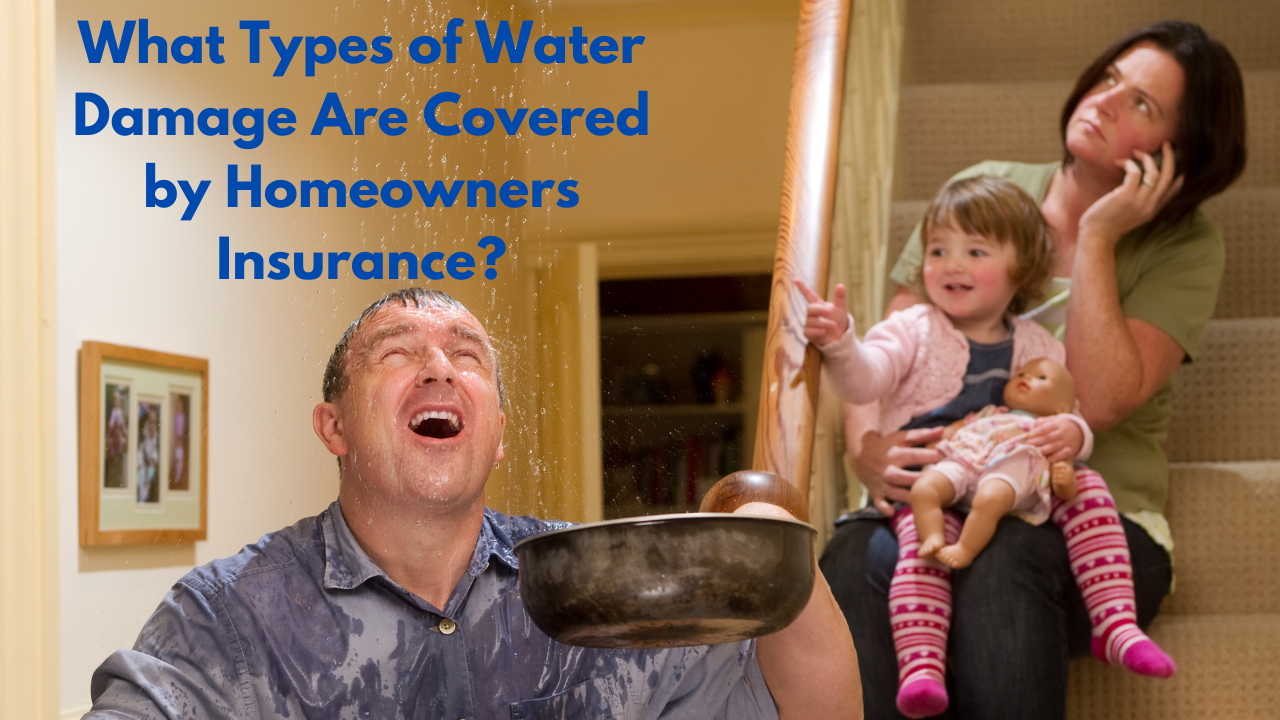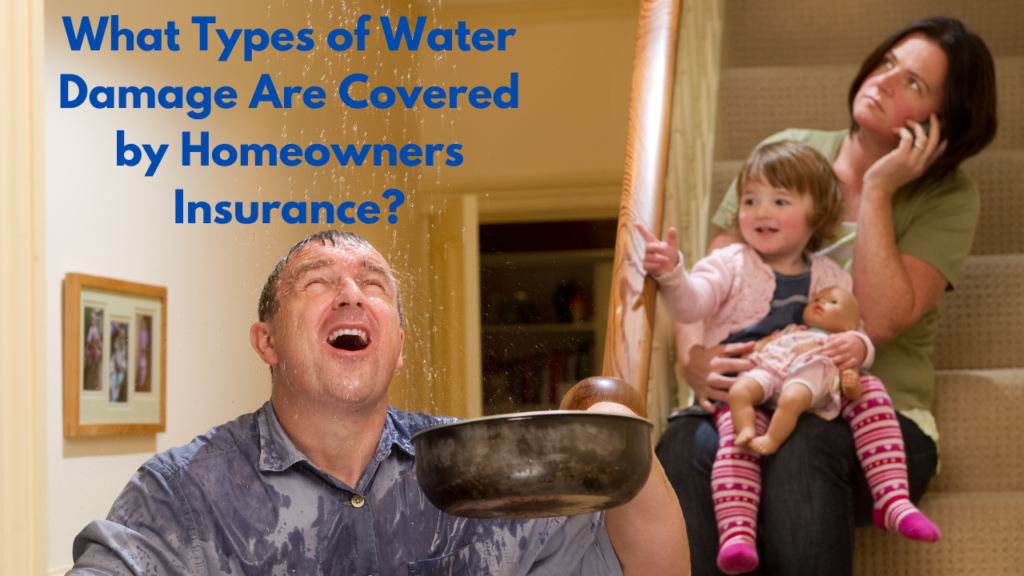What Are the “Deductible Dollars” Listed on My Auto Insurance Declaration Page?
If you’ve recently reviewed your Massachusetts auto insurance declaration page, you may have noticed a section for “deductible dollars” or “claims-free deductible credits.” But what exactly are these, and how do they impact your policy? More importantly, did you know they can help you save money and reduce the risk of your policy being non-renewed?
Let’s break it down.
Understanding Deductible Dollars
In an auto insurance policy, a deductible is the amount you have to pay out of pocket before your insurance company covers the remaining costs of a claim. Most Massachusetts auto policies have a standard $500 deductible for collision claims.
However, some insurance companies offer claims-free deductible credits over time. This means that for every year you drive without filing a claim, you earn credits that can reduce the amount you owe if you do have an accident.
This is sometimes called a “disappearing deductible” because, if you accumulate enough credits, your deductible amount can be significantly reduced—or even eliminated—after an accident.
How Do Deductible Dollars Work?
Here’s an example of how it works:
✅ Let’s say you’ve earned $500 in deductible credits over the past several years by staying claim-free.
✅ If you get into an at-fault accident and your collision deductible is $1,000, you don’t have to pay the full $1,000. Instead, your deductible credits would cover $500, meaning your out-of-pocket cost is only $500.
✅ However, once used, these credits reset to zero, and you’ll need to rebuild them by maintaining a claims-free recordin the future.
How Deductible Dollars Can Help You Save on Insurance
One of the biggest advantages of deductible credits is that they allow you to adjust your policy strategically to lower your insurance premiums.
Here’s how:
🔹 Option 1: Stick with a standard $500 deductible
- Annual premium: $1,000
- Deductible credits: $500
- Out-of-pocket deductible: $500
🔹 Option 2: Increase your deductible to $1,000 (if you have $500 in credits)
- Annual premium: $800 (a savings of ~$200 per year per car!)
- Deductible credits: $500
- Out-of-pocket deductible (if a claim is made): Still only $500
Bottom line: If you have deductible credits built up, you can safely increase your deductible to lower your monthly premiums—while still maintaining a reasonable out-of-pocket expense in case of a claim.
Why a Higher Deductible Helps Prevent Policy Non-Renewal
Beyond saving money on premiums, there’s another major advantage to raising your deductible: it can help you keep your policy from being non-renewed.
Here’s why:
- Insurance companies evaluate your claim history. Every insurer assesses the frequency of claims filed and the total amount paid out over time.
- Frequent claims or high payouts can flag you as a high-risk policyholder. If you file multiple claims—even for small amounts—it increases the likelihood that your insurer will either raise your rates significantly or decline to renew your policy altogether.
- A higher deductible discourages small claims. If you raise your deductible to $1,000 or more, you’re less likely to file small claims (like minor fender benders or cosmetic damage). This keeps your claim frequency low, which looks better to insurance companies and helps ensure your policy remains active.
🚨 Important Tip: Even if you have deductible credits, remember that once they’re used, you’ll have to rebuild them over time. Carefully consider whether a claim is truly necessary, especially for minor damage that might cost less than your deductible.
What Happens If You Use Your Deductible Dollars?
Once you use your deductible credits, they do not reset immediately. Instead, you’ll have to rebuild them over time by remaining claim-free for a certain number of years.
This means:
✔️ Before increasing your deductible, make sure you have enough deductible credits available to reduce your out-of-pocket cost in case of an accident.
✔️ If you file a claim, you’ll need to start earning credits again from scratch.
✔️ Keeping your claims history low can help you maintain lower premiums and avoid policy non-renewal.
Should You Adjust Your Deductible to Save Money and Protect Your Policy?
If you’ve been accident-free for several years and have accumulated deductible credits, you may want to consider raising your deductible to $1,000 (or higher) to reduce your insurance premiums and minimize the chances of policy non-renewal.
However, before making any changes:
🔹 Check your deductible credit balance on your declaration page.
🔹 Compare premium savings between different deductible amounts.
🔹 Assess your financial situation—make sure you can afford the out-of-pocket cost if a claim happens.
🔹 Consult your insurance provider to ensure this strategy makes sense for your policy.
Final Thoughts: Maximize Your Insurance Savings with Deductible Dollars
Understanding deductible dollars can help you make smarter decisions about your auto insurance policy. If you’ve built up deductible credits, you might be missing out on easy savings by not adjusting your policy accordingly.
Even more importantly, choosing a higher deductible can reduce the likelihood of policy non-renewal, since it keeps your claims frequency and payout history lower—two key factors insurance companies look at when deciding whether to renew policies.
🚗 Want more ways to lower your car insurance premiums and avoid policy non-renewal? Check out our related articles on maximizing your coverage while saving money!
💬 Have any questions about your deductible dollars? Reach out to our team at Vargas & Vargas Insurance at 617-298-0655 or drop a comment below or talk to your insurance provider today!





